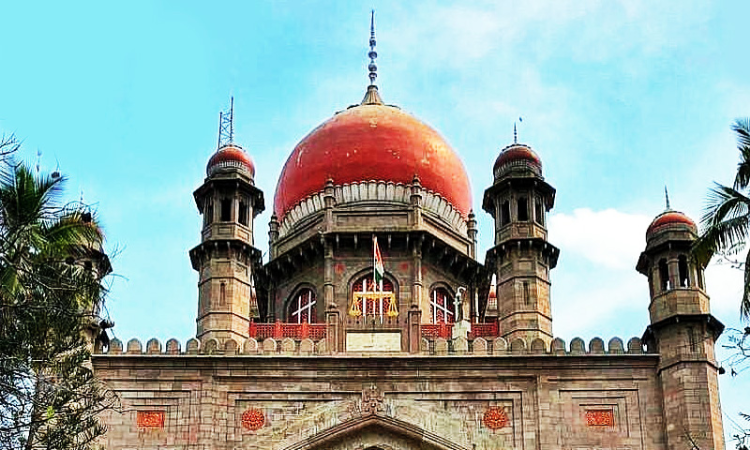Mutation Of A Property In The Revenue Records Does Not Create Or Extinguish Title Nor Its Presumptive Value On Title: Telangana High Court
Jagriti Sanghi
25 Feb 2022 9:59 PM IST

The Court also held that when there are concurrent findings from both courts in a well-reasoned order, the second appeal is not maintainable without any substantial question of law.
Next Story


